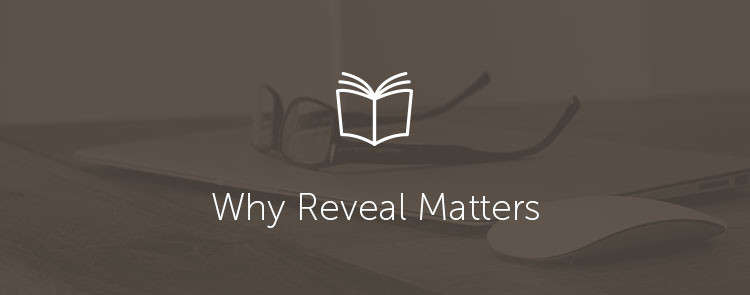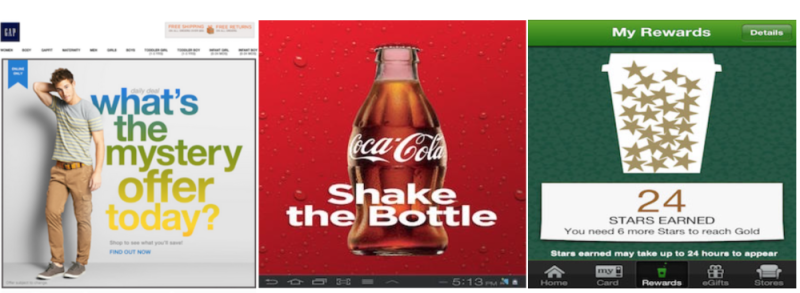You’re watching tv and see an actor in a commercial. You think, “I know that guy, where did I just see him?”
The commercial ends, but that nagging feeling doesn’t. You turn to your spouse, “What movie did we just see that guy from the commercial in?” They don’t know what you’re talking about.
It’s really starting to chew at you. How can you find the answer to who that guy is, it’s driving you crazy!
Finally, you grab your phone and search for the commercial, hoping there is some sort of IMDB of commercials out there to let you know where you saw that guy.
Minutes later the answer blessedly appears. Relief and happiness washes over you. Chances are you won’t ever forget the name of that guy again.
Sound familiar?
If the average attention span of a human is just over 8 seconds (less than a goldfish), why do some things drive us to take action?
The Science of Curiosity
One of the forefathers of behavioral psychology, Professor George Loewenstein of Carnegie Mellon University, wrote a paper in the 1990s called “The Psychology of Curiosity.“
In this paper, Professor Loewenstein cites that curiosity is a powerful force behind engagement. Here’s just one example: “The curious individual is motivated to obtain the missing information to reduce or eliminate the feeling of deprivation.”
Here’s a another study with one of the more romantic names for a scholarly article: “The Wick in the Candle of Learning,” this one is from Caltech, but our old friend Professor Loewenstein was involved here too. This study measured the brainwaves of a small group of students who were asked trivia questions.
Turns out, when the students knew a little bit about something but didn’t know the answer, they wanted to know more. Their brain activity increased, their memorization of the correct answer improved, and their desire for more information could be likened to an intense craving. In short, their attention and engagement went through the roof.
The “Ikea Effect”
It’s not just scientists who have been studying the effects of curiosity on the brain. Researchers at Harvard Business School decided to take it a step further at look at how psychology impacts consumers. The study was called “The Ikea Effect.“
Essentially, the study found that consumers who put the effort into completely building a product (a hallmark of Ikea) actually valued that product far more than those who didn’t complete it or didn’t build anything at all.
It sounds odd to think of building a psychological relationship with your MELLTORP dining room table, but effort justification means you will likely value this piece of furniture more than most other pieces in your home.
So the same can be translated into marketing. To most, a click is a click, but when you must work to earn a click, the effort you put in means your brain immediately values that click far above the others.
Why the Reveal Matters
This is where we get to the heart of why reveal marketing matters. It’s hard to argue with the studies above, the science of curiosity plus effort justification provides a roadmap to success (as long as you follow it).
With open rates, click through rates in email marketing, and banner click rates in digital marketing worse than ever, brands need to focus on not just putting a link out there and “hoping” for a click. It doesn’t work anymore.
A number of brands are leading the pack jumping into reveal marketing, including The Gap, Coca-Cola, and Starbucks just to name a few. Take a look at these examples:
Each of these ads are asking the consumer for something. Yet, because they focus on curiosity (the Gap ad), a hybrid (the Coca-Cola ad), or effort justification (the Starbucks ad) their click through rates are dramatically higher on websites and mobile.
Final Note
Today’s consumers are savvier and more discerning than ever. To keep driving clicks, raising engagement and collecting leads, brands must be willing to highlight curiosity, interactivity and effort in order to succeed.
Have you noticed any reveal marketing campaigns in your inbox lately? Tell us about them in the comments.


Pingback: The Rise of Clickbait (and the Psychology Behind it) | Scratch-it()
Pingback: A Deeper Look into Improving Conversion Rates | Scratch-it()